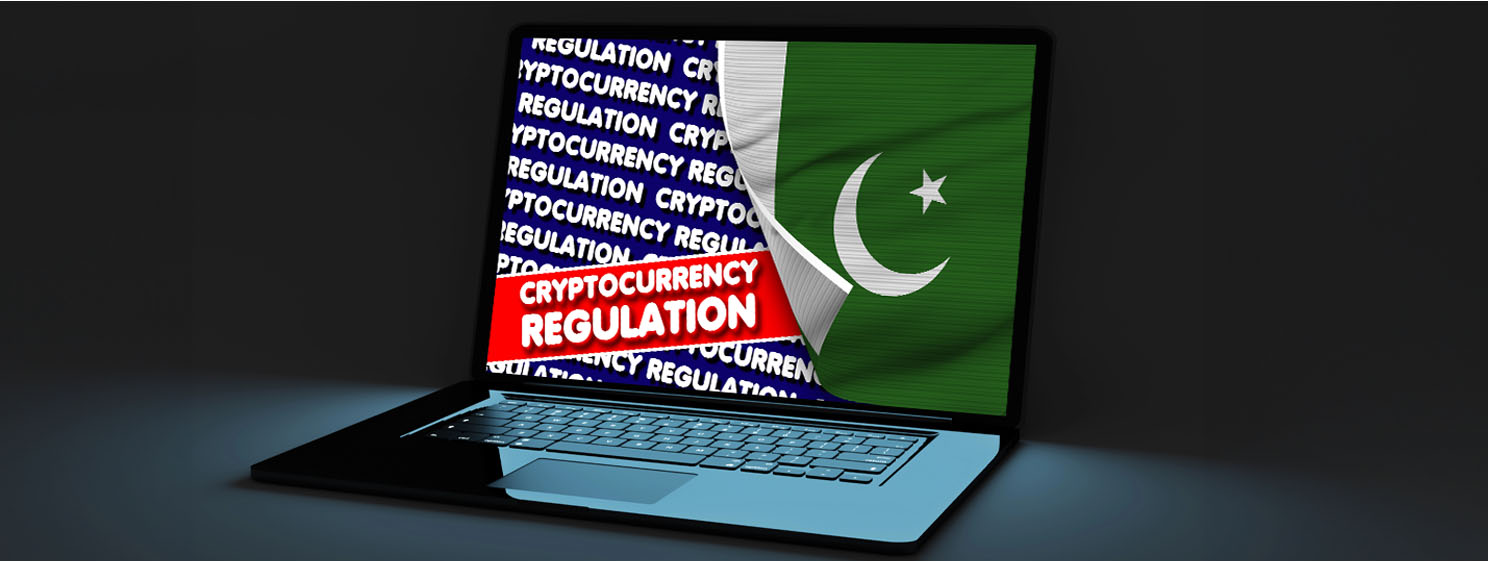|
Getting your Trinity Audio player ready...
|
Pakistan has unveiled a new regulatory body to oversee the digital asset sector as adoption in the South Asian nation skyrockets.
Known as the Pakistan Digital Asset Authority (PDAA), the new watchdog has received the endorsement of the Finance Ministry. Minister Muhammad Aurangzeb recently said that PDAA will ensure Pakistan remains Financial Action Task Force (FATF) compliant and promote responsible digital asset use.
“Pakistan must regulate not just to catch up — but to lead,” the minister stated, as reported by national broadcaster PTV.
“With the PDAA, we are creating a future-ready framework that protects consumers, invites global investment, and puts Pakistan at the forefront of financial innovation.”
The new authority will oversee all licensing of virtual asset service providers (VASPs), including exchanges, wallets, custodians, and brokerages. It will also have jurisdiction over decentralized finance (DeFi) platforms, tokenization firms, and stablecoin issuers.
Beyond oversight, the authority will promote the development of “blockchain-based solutions at scale.” Pakistan has embraced the technology for years, with former President Arif Alvi enlisting the assistance of leading experts, including the BSV Association, to draft a national blockchain strategy.
The PDAA will also provide legal clarity to digital asset investors and channel Pakistan’s excess electricity to block reward mining. Last month, the government revealed that it would begin using surplus power to mine digital assets at a time when demand for electricity from the national grid has dipped drastically.
The authority will also support tokenizing government debt and national assets, PTV reports. With tokenization taking off globally, the Pakistani government set aside $3.5 billion in March to fund the sector. Experts predict that tokenized assets could unlock $18.9 trillion by 2033.
Pakistan’s deep dive into digital assets
The PDAA is the latest initiative by the Pakistani government to promote digital assets and blockchain adoption. In March, it established the Pakistan Crypto Council (PCC), whose mandate is to promote the adoption of digital assets in the country and aid in formulating enabling laws.
The Council’s CEO, Bilal Bin Saqib, welcomed the new watchdog, which he says will augment the PCC’s efforts in promoting the sector and is a stride toward “strong and smart regulations.”
“This is not just about crypto — it’s about rewriting our financial future, expanding access, and creating new export channels through tokenization, digital finance, and Web3 innovation,” he stated.The two agencies—both chaired by Minister Aurangzeb—have overlapping duties, such as promoting adoption. However, the Council serves more as an advisory body that shapes policy and industry collaboration, while the newly formed PDAA will have direct legal enforcement powers.
Saqib, who chairs the Council, is focused on making Pakistan a Web3 hub, even with the formation of the new watchdog.
“For the first time, we are not standing behind the world, but we are establishing our own trend in the digital currency landscape. Global tech leaders and companies are now looking toward Pakistan to explore its crypto potential,” he told local outlet Dawn.
With its focus on boosting Web3 and new laws on digital assets, Pakistan is ensuring “that global-level companies can now be built in Pakistan, not just in the U.S. or Europe.”
Pakistan dedicates 2,000 MW to ‘crypto’ mining, AI
In yet another stride towards promoting digital assets in the country, the Pakistani government has allocated 2,000 megawatts (MW) of electricity to block reward mining and artificial intelligence (AI) data centers.
The initiative is led by the PCC and will mainly depend on excess power. The Pakistani economy has faltered in recent years and almost defaulted in 2023. It has been especially brutal to small and medium enterprises (SMEs), which employ the bulk of the country’s workforce, leading to lower electricity demand and a switch to cheaper alternatives like solar energy.
Besides the surplus power, the government intends to repurpose some of the country’s coal-based power stations, which have been operating below capacity for years.
Currently, Pakistan’s contribution to the global BTC hash rate is negligible, with regional peers like Thailand, India, and Iran playing a bigger role. However, if all 2,000 MW goes to block reward mining with the latest ASIC miners, it could contribute over 60 exahashes per second (EH/s), making it one of the top five mining hubs.
Watch: It’s time for regulation to enable blockchain growth

 02-25-2026
02-25-2026 




